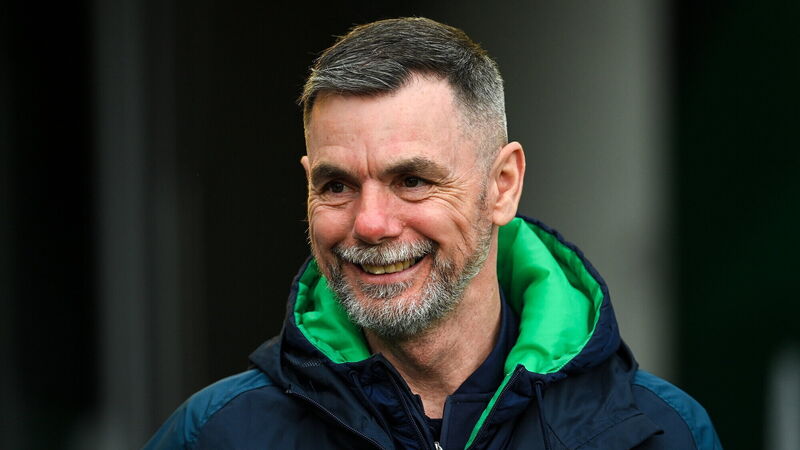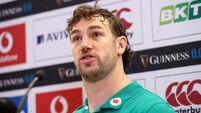Kieran Shannon: performance coaches like Keegan helping our athletes win mind games

BOXING CLEVER: Ireland rugby's mental skills coach Gary Keegan. Picture: Ramsey Cardy/Sportsfile
Just as he has a knack of helping teams improve and win almost everywhere he goes, Gary Keegan has a peculiar habit of using the term “that space”.
SIX NATIONS CHAMPIONSHIP
Your home for the latest news, views and analysis of this year's Six Nations Championship from our award winning sports team.
SIX NATIONS CHAMPIONSHIP
Your home for the latest news, views and analysis of this year's Six Nations Championship from our award winning sports team.













